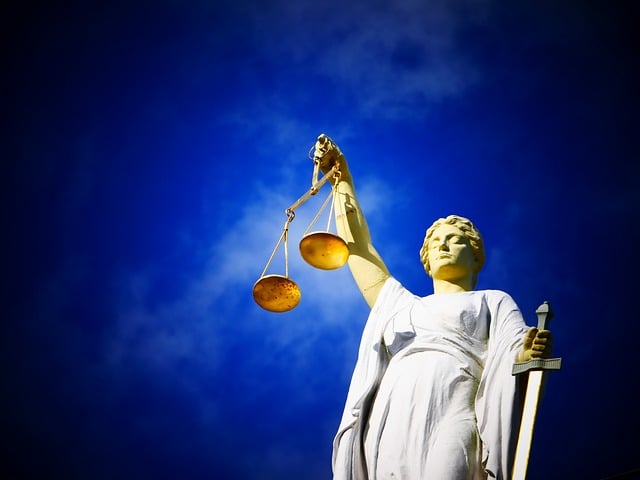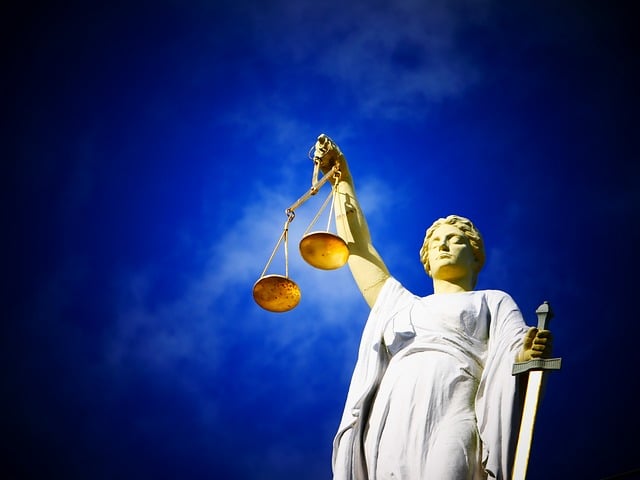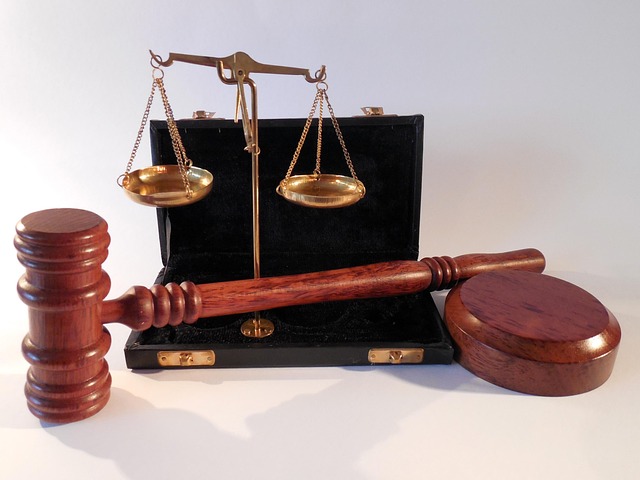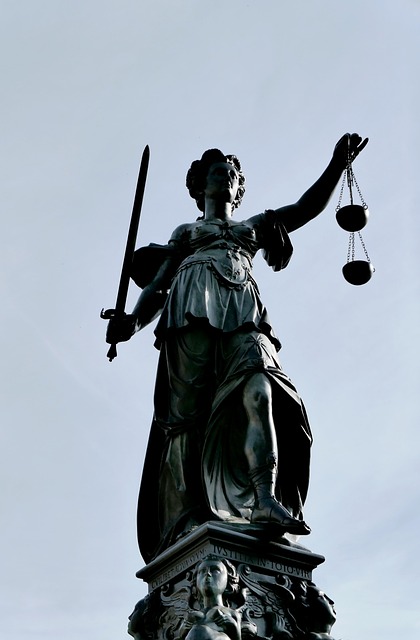Whistleblower Protection Laws safeguard individuals exposing illegal activities, crucial for navigating breach of contract cases where companies deter whistleblowers through NDAs and confidentiality policies. Defendants use common defenses like questioning motives or challenging procedural issues. Effective representation requires strategic evidence gathering, contractual analysis, and creative legal strategies to protect whistleblowers and hold unethical practices accountable.
Whistleblower protection lawsuits are crucial for ensuring that individuals who expose corporate or government wrongdoing are safe from retaliation. In this article, we explore key aspects of these legal battles, focusing on understanding whistleblower protection laws, common defenses against accusations (including strategies to counter Common Defenses in Breach of Contract Cases), and the critical role of evidence in legal proceedings. Additionally, we offer insights into effective legal representation for whistleblowers.
- Understanding Whistleblower Protection Laws
- Common Defenses Against Accusations
- The Role of Evidence in Legal Proceedings
- Strategies for Effective Legal Representation
Understanding Whistleblower Protection Laws

Whistleblower Protection Laws are designed to safeguard individuals who expose illegal or unethical activities within their organizations. These laws vary by jurisdiction but generally provide a safe harbor for whistleblowers, shielding them from retaliation such as termination, demotion, or harassment. Understanding these protections is crucial, especially when navigating Common Defenses in Breach of Contract Cases. Many companies employ various strategies to deter whistleblowers, including overly broad non-disclosure agreements and strict confidentiality policies.
For his clients, the impact of these laws extends beyond individual protection; they foster a culture of accountability across the country. By encouraging employees to report wrongdoing without fear of reprisal, organizations can enhance their internal controls, prevent fraud, and ensure compliance with legal and ethical standards. This not only benefits corporate and individual clients but also strengthens the integrity of business practices nationwide.
Common Defenses Against Accusations

In whistleblower protection lawsuits, individuals who expose illegal or unethical activities within their organizations often face robust defenses from those they accuse. Common Defenses in Breach of Contract Cases can significantly impact the outcome of such lawsuits. One of the primary strategies employed is questioning the validity of the whistleblower’s motives. Defendants may argue that the accuser had personal gain in mind, such as financial incentives or a desire for revenge, rather than a genuine concern for ethical conduct. This tactic aims to undermine the credibility of the allegations.
Another common defense revolves around procedural issues. It includes assertions that the whistleblower did not follow proper reporting channels or failed to provide sufficient evidence to substantiate their claims. Furthermore, white-collar and economic crimes investigations can be complex, leading to arguments about the strength and reliability of the case. Defendants may seek a complete dismissal of all charges at various stages of the investigative and enforcement process, raising doubts about the sustainability of the lawsuit.
The Role of Evidence in Legal Proceedings

In whistleblower protection lawsuits, evidence plays a pivotal role as it forms the backbone of legal proceedings. The success of any lawsuit heavily relies on solid and compelling evidence that supports the whistleblower’s claims. This includes documentation, records, witness testimonies, and expert opinions that demonstrate wrongdoing or breaches of contract within an organization. For instance, in breach of contract cases, evidence may reveal a company’s intent to violate agreed-upon terms, which is crucial for proving liability. Common defenses in such cases often revolve around disputing the validity of evidence, raising questions about its authenticity or relevance, and arguing that the contract was not breached or that extenuating circumstances existed. The plaintiff must navigate these defenses by presenting a robust case built on thorough investigation and factual support, ensuring his clients’ rights are protected and any potential indictment avoided.
The process involves meticulous sifting through data, identifying key pieces of evidence, and constructing a narrative that resonates with the court. This strategic approach is essential to guiding the legal proceedings towards a favorable outcome. Whether dealing with corporate or individual clients, effective use of evidence can make all the difference in whistleblower cases, as it helps to not only establish the truth but also navigate the various defenses that may arise during litigation.
Strategies for Effective Legal Representation

In representing whistleblowers in protection lawsuits, attorneys must employ strategic approaches to navigate complex legal landscapes. One key aspect is understanding the nuances of breach of contract cases that often arise when an employee exposes wrongdoing within their respective business. Effective representation involves a thorough examination of the contract, focusing on provisions related to confidentiality, non-disclosure agreements (NDAs), and duty of loyalty clauses. By scrutinizing these elements, legal teams can uncover potential common defenses in breach of contract cases, such as lack of consideration, mutual mistake, or unconscionability.
Attorneys should also prioritize building a robust case by gathering comprehensive evidence supporting the whistleblower’s claims. This includes documenting internal communications, financial records, and any relevant interactions that demonstrate the existence of wrongdoing. Additionally, leveraging expert testimony from industry professionals can strengthen the case, especially when addressing the impact on the respective business’ reputation or financial stability. Ultimately, achieving extraordinary results in these lawsuits demands a meticulous approach, combining a deep understanding of contractual obligations with creative legal strategies to protect whistleblowers and hold accountable those who engage in unethical practices, thereby fostering transparency within philanthropic and political communities.
Whistleblower protection lawsuits are complex legal battles that require a deep understanding of relevant laws and strategic approaches. By grasping key concepts like common defenses, the importance of evidence, and effective representation, individuals can better navigate these proceedings. When faced with accusations, being aware of potential defenses in breach of contract cases is crucial, as it allows for robust legal arguments. Ultimately, successful representation hinges on presenting compelling evidence and employing tailored strategies to ensure a fair outcome for whistleblowers.






